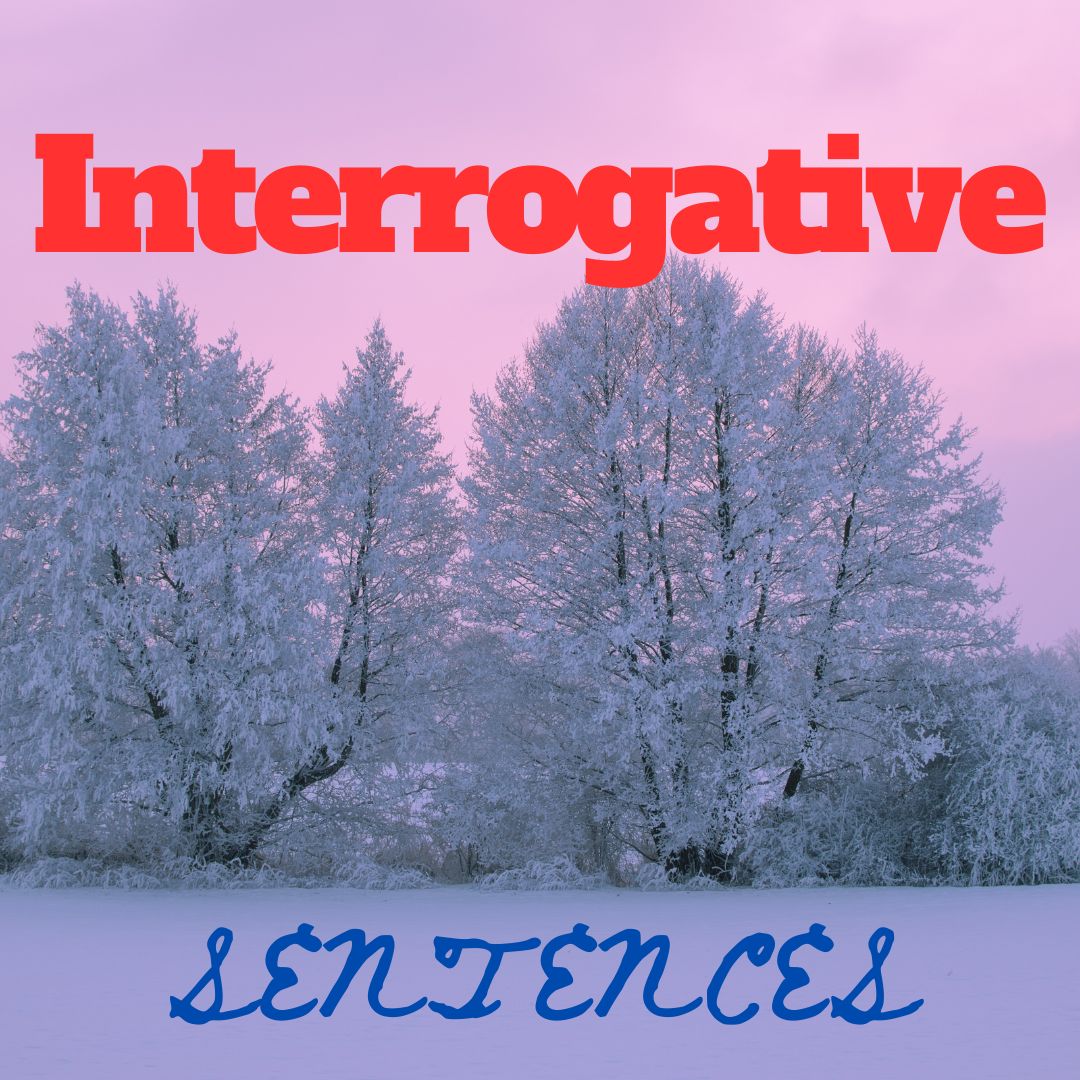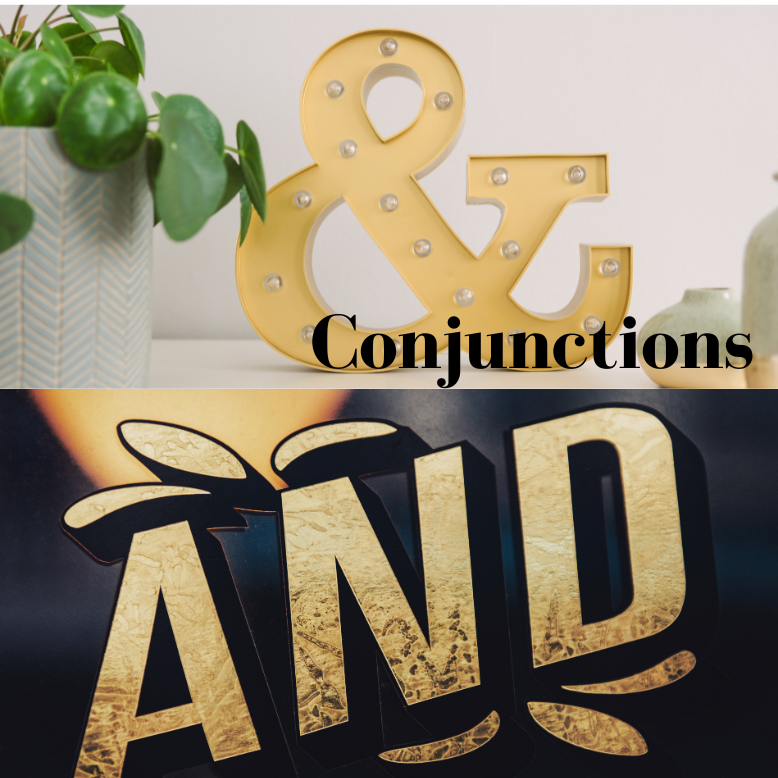Tag: sentences

Types of Interrogative Sentences
Interrogative sentences are a fundamental component of communication, serving as a means to gather information, seek clarification, or initiate conversation. These sentences are designed to elicit specific details, opinions, or responses from the person being addressed. Interrogative sentences often begin with question words, also known as wh-words, auxiliary words, and modal verbs and can take various forms to suit different conversational contexts.

The Conjunction
A conjunction is a fundamental part of grammar that serves as a link or connector between words, phrases, clauses, or sentences. Conjunctions are essential for constructing coherent and well-structured sentences. They help establish relationships between different elements within a sentence, making the text more readable and conveying precise meaning.

The Infinitive-Non-Finite form of the Verb
The infinitive is a verb form that typically uses the word to before the base form of the verb. For example: to run, to walk, to eat, etc. The infinitive form is often used as a noun, an adjective, or an adverb in a sentence.

Auxiliary Verbs
Auxiliary Verbs are used to form various tenses, moods, and voices in English sentences. Auxiliary verbs are also used to make negative sentences, questions, and contractions.